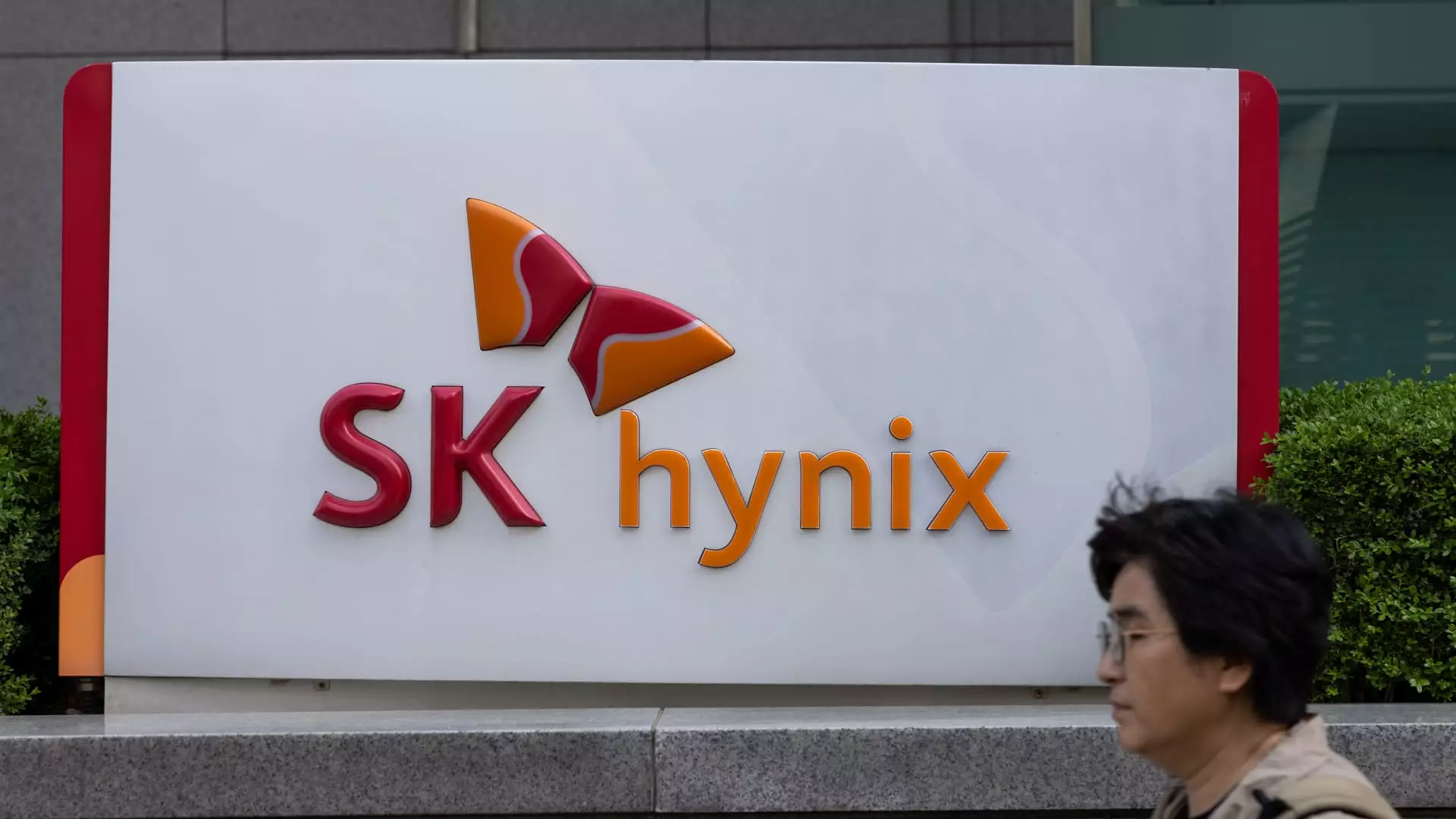SK Hynix, a South Korean memory chipmaker, recently reported a net profit of 1.92 trillion South Korean won ($1.39 billion) in the first quarter. This marked a significant turnaround from the loss of 2.58 trillion won recorded in the same period a year ago. The positive income is a promising sign for the company, especially after facing net losses for five consecutive quarters due to a slump in the memory chip market. The first quarter also saw a substantial increase in revenue, standing at 12.43 trillion won, a 144% rise from a year ago. This was the highest revenue the company has achieved since the second quarter of 2022.
Driving Factors Behind SK Hynix’s Performance
SK Hynix attributed its strong performance to the increase in sales of AI server products, supported by its leadership in AI memory technology, including high-bandwidth memory. The demand for AI chipsets has been on the rise, particularly for large language models like ChatGPT, which require high-performance memory chips to generate humanlike responses by remembering past conversations and user preferences. As a result, SK Hynix plans to increase the supply of HBM3E, the latest generation of high-bandwidth memory for AI, to meet the growing demand. Additionally, the company aims to introduce 32GB Double Data Rate 5 products to enhance its presence in the high-capacity server DRAM market.
Looking ahead, SK Hynix projects steady growth in the overall memory market, driven by the increasing demand for AI memory. The company anticipates a recovery in the conventional DRAM market starting from the second half of 2024. To meet the rising demand for AI chips, SK Hynix announced plans to build a new fab in South Korea, with an estimated completion date set for November 2025. This new facility will focus on increasing production of next-generation DRAM, including HBM, to cater to the proliferating demand for AI chips. The total investment for this expansion is expected to exceed 20 trillion won in the long term.
In line with its growth strategy, SK Hynix is partnering with TSMC, the world’s largest contract chip manufacturer, to develop high-bandwidth memory 4 chips and next-generation packaging technology. The collaboration aims to leverage TSMC’s leading-edge processes for the mass production of HBM4 chips, which is expected to commence in 2026. By joining forces with a key player in the industry, SK Hynix aims to further strengthen its position in the memory chip market and capitalize on the growing demand for AI chips.
SK Hynix’s recent financial performance and expansion plans underscore its commitment to innovation and meeting the evolving needs of the memory chip market. With a focus on AI memory technology and strategic partnerships, the company is positioning itself for continued growth and success in the competitive semiconductor industry.


Leave a Reply
You must be logged in to post a comment.